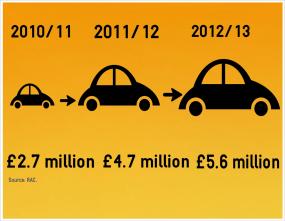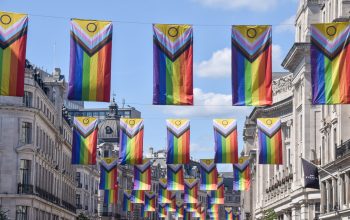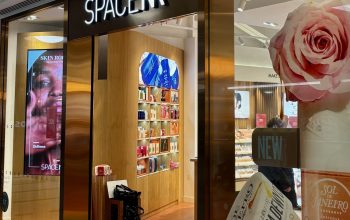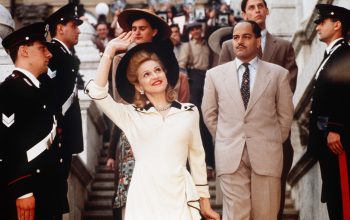 The amount of profit Kingston Council made from parking has doubled over two years, according to the RAC.
The amount of profit Kingston Council made from parking has doubled over two years, according to the RAC.
In 2010/11 the council made £2.8m and by 2012/13 this had risen to £5.7m, the 25th highest profit of 353 British councils.
Professor Stephen Glaister, director of the RAC Foundation, said: “The amount of money Kingston makes from parking can hardly be described as small change.”
The income comes from on and off-street parking charges and fines and CCTV bus lane enforcement.
These profits were recorded before parking charges rose from £2 to £3 an hour in November at several off-street car parks: Ashdown Road, The Bittoms, Canbury Place, Cattle Market, Neville House, Thameside and The Rose.
Income rose as the council’s spending on parking services fell between 2009/10 and 2011/12, (figures for 2012/13 were unavailable).
The number of higher rate fines issued by the council increased most dramatically, by 53 per cent between 2010/11 and 2011/12.
A spokesperson for Kingston Council said they had focused on high-tariff charges because they are the most serious offences.
The council also spent five times as much on publicity and printing about parking in 2011/12 as in 2010/11.
A spokesperson from the council said spending can vary every year but that the purchasing of “costly” visitor scratch cards in 2011/12, a rise in the cost of posting letters and the expense of administrating the increased number of fines were largely responsible.
Although Kingston Council made one of the biggest profits, it is by no means the only council making a surplus.
Of the 353 British councils, 294 of them recorded a surplus in 2012/13.
In September, Eric Pickles, the Community Secretary, said that councils were using parking fines to raise revenue, which is illegal.
He also criticised the use of “spy cars”, cars with CCTV cameras attached that are used to catch motorists parking illegally, which Kingston Council have used.
Case studies suggest that, in areas using “spy cars”, one third of parking fines are now issued by them.
Kingston Council refused to comment on their use of “spy cars”.




